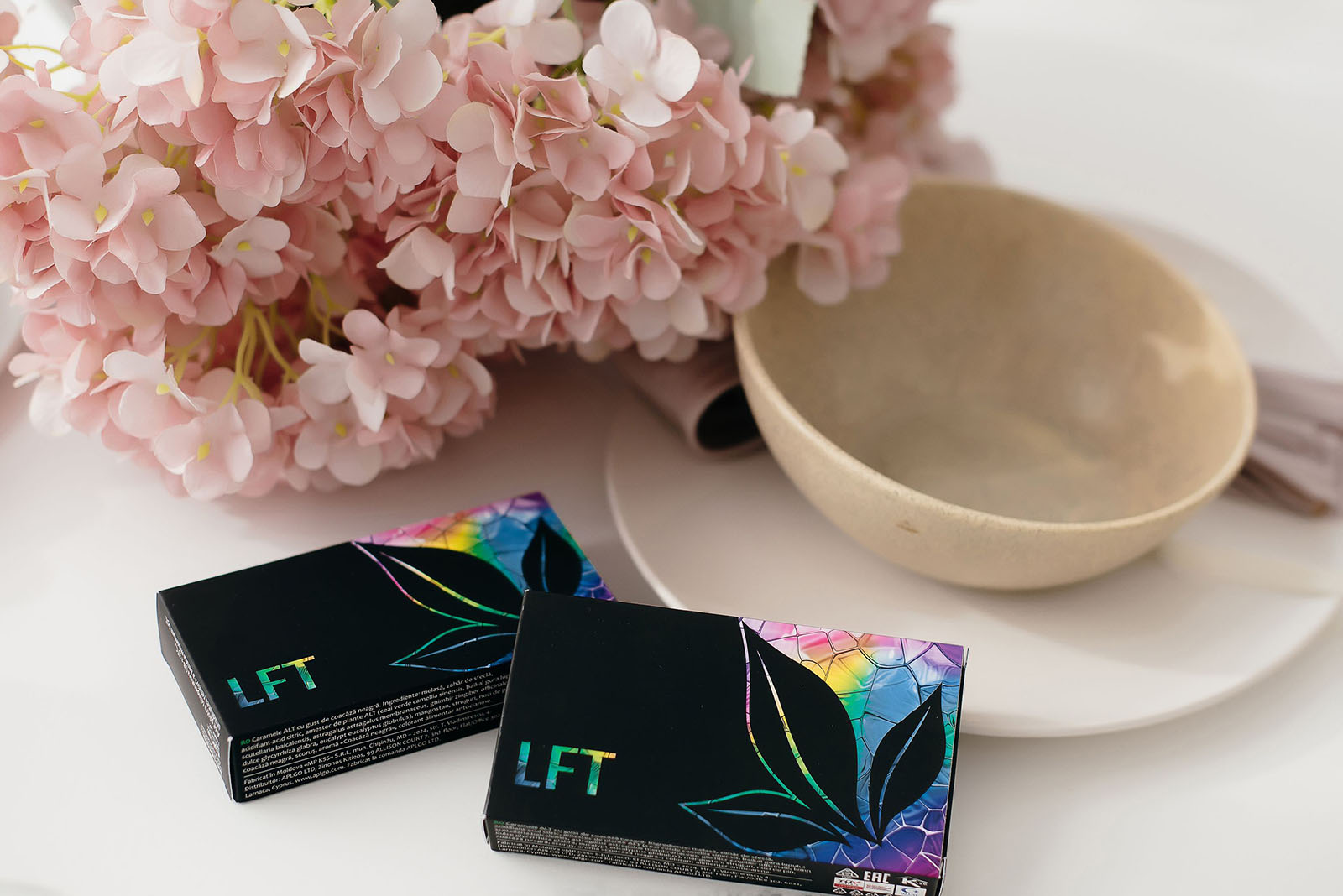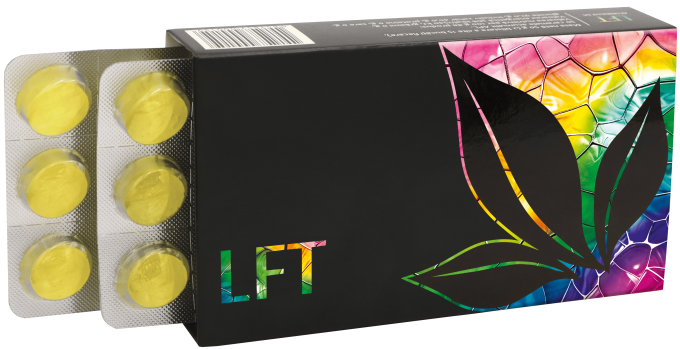 Introduction to Peptides and Longevity
Introduction to Peptides and Longevity
Peptides are short chains of amino acids, which are the building blocks of proteins. Think of them as mini-proteins. Proteins are long, complex chains of amino acids, while peptides are much shorter. This structural difference gives peptides unique properties and functions within the body.
Peptides Influencing Cellular Repair and Regeneration
One of the hallmarks of aging is the decline in the body's ability to repair and regenerate tissues. Peptides are being studied for their role in stimulating these processes.
- Growth Hormone Secretagogues: Certain peptides, like those found in GHRH (Growth Hormone Releasing Hormone) analogs, can stimulate the pituitary gland to release more growth hormone. Growth hormone plays a role in cell regeneration and muscle maintenance, which can decline with age.
- Studies: Research on growth hormone itself has shown some potential for improving body composition and function in older adults, though its use is carefully regulated due to potential side effects. Studies on specific peptide secretagogues are exploring their efficacy and safety in promoting similar effects. For instance, some studies have looked at the impact of certain peptide combinations on muscle mass and fat reduction in older populations.
- Collagen Peptides: As the body ages, collagen production decreases, leading to skin aging, joint stiffness, and weakened bones. Supplementing with collagen peptides can provide the amino acid building blocks necessary for the body to synthesize its own collagen.
- Stimulating Collagen Production: Peptides act as signaling molecules that tell skin cells to produce more collagen. Collagen is the primary structural protein in the skin, responsible for its firmness, elasticity, and smooth appearance. As we age, collagen production naturally declines, leading to wrinkles and sagging.
Improving Skin Elasticity and Hydration: By boosting collagen synthesis and influencing other proteins like elastin, peptides can help improve the skin's ability to retain moisture and maintain its supple texture.
Reducing the Appearance of Wrinkles and Fine Lines: Increased collagen and improved skin structure can lead to a visible reduction in the depth of wrinkles and fine lines.Studies: Numerous dermatological studies have investigated the efficacy of peptide-based skincare. Research published in journals like the International Journal of Cosmetic Science has shown that certain peptides can effectively improve skin elasticity and reduce wrinkle depth.
Supporting Muscle Growth and Recovery
In the realm of fitness and sports science, peptides are valued for their potential to enhance muscle function.
- Studies: Several studies have indicated that collagen peptide supplementation can improve skin hydration, elasticity, and reduce wrinkles. Research also suggests benefits for joint health, including reducing joint pain and improving mobility in individuals with osteoarthritis. For example, a study published in the Journal of Cosmetic Dermatology found improvements in skin aging signs with collagen peptide intake.
-
Peptides Involved in Cellular Defense and Stress Resistance
Aging is often associated with increased cellular damage and a reduced ability to cope with stress. Some peptides have been identified for their protective roles.
- Antioxidant Peptides: Derived from various food sources like whey, soy, and fish, these peptides can help neutralize free radicals, unstable molecules that damage cells and contribute to aging.
- Studies: Research has demonstrated the in vitro antioxidant capacity of various food-derived peptides. Some studies are exploring their bioavailability and effectiveness in vivo, looking at markers of oxidative stress in aging models or human populations.
- Mitochondrial Peptides: Mitochondria, the powerhouses of our cells, become less efficient with age. Certain naturally occurring peptides, such as those encoded by mitochondrial DNA, are being investigated for their role in mitochondrial function and protection against age-related decline.
- Studies: Emerging research is focusing on specific peptides like humanin, which has shown neuroprotective effects and potential in mitigating age-related cognitive decline in animal models. Studies published in journals like Cellular Metabolism are beginning to unravel the intricate roles of these peptides.
Peptides Modulating Inflammation
Chronic low-grade inflammation, often termed "inflammaging," is a significant driver of age-related diseases. Some peptides have demonstrated anti-inflammatory properties.
- Anti-inflammatory Peptides: Certain bioactive peptides derived from milk proteins or other sources can modulate inflammatory pathways in the body.
- Studies: In vitro and in vivo studies have shown that some of these peptides can reduce the production of pro-inflammatory cytokines. Research is ongoing to assess their potential for managing chronic inflammatory conditions associated with aging.
-
Important Considerations and Future Directions
While the research into peptides and longevity is promising, it's crucial to note several points:
- Mechanism of Action: The exact mechanisms by which many peptides exert their effects on longevity are still being uncovered.
- Bioavailability and Stability: For exogenous peptides to be effective, they must be absorbed by the body and remain stable enough to reach their target sites.
- Dosage and Efficacy: Optimal dosages and the long-term efficacy of peptide supplementation for longevity in humans are subjects of ongoing research.
- Regulatory Landscape: The regulatory status of many peptides used as supplements or for therapeutic purposes can vary, and it's essential to be aware of this.
Future research will likely focus on identifying novel longevity-promoting peptides, understanding their complex interactions within the body, and conducting rigorous clinical trials to validate their benefits for extending human healthspan and lifespan. Consulting with healthcare professionals is always recommended before starting any new supplement regimen.
Promoting Skin Health and Anti-Aging
One of the most widely recognized benefits of peptides is their impact on skin health.
Aiding Muscle Repair: Following exercise, muscles can experience micro-tears. Peptides can play a role in signaling the body to initiate repair processes, facilitating faster recovery.
Promoting Muscle Growth: Some peptides can stimulate the production of growth factors that are essential for muscle hypertrophy (growth).Studies: While many performance-enhancing peptides are subject to strict regulations, research continues into the role of specific naturally occurring peptides in muscle metabolism and recovery. Studies often look at markers of muscle protein synthesis and breakdown to assess the impact of peptide supplementation.
Enhancing Wound Healing
The body's ability to heal itself is significantly influenced by peptide activity.
Signaling Tissue Repair: Peptides can act as messengers, alerting cells to initiate repair mechanisms at the site of an injury. This can involve recruiting cells, stimulating cell division, and promoting the formation of new tissue.Studies: Research in wound healing often focuses on signaling peptides that can accelerate the regeneration of skin and other tissues, leading to faster closure of wounds and reduced scarring.
Improving Joint Health
Joints are composed of various connective tissues, including cartilage, which can degrade over time.
Supporting Cartilage Formation: Collagen peptides, in particular, are believed to provide the amino acid building blocks necessary for the body to synthesize new cartilage, which can help maintain joint health and reduce discomfort.Studies: Clinical trials have explored the use of collagen peptides for osteoarthritis, showing potential benefits in reducing joint pain and improving joint function. A study in the Journal of Agricultural and Food Chemistry highlighted the potential of bioactive peptides from food sources for joint health.
Other Potential Benefits
Beyond these primary areas, research is exploring the benefits of peptides in:
Immune System Modulation: Some peptides have shown the ability to influence immune responses, potentially helping to regulate inflammation or boost defenses.
Metabolic Regulation: Certain peptides are involved in regulating appetite, blood sugar, and energy metabolism.
Antimicrobial Activity: Some peptides possess natural antimicrobial properties, helping the body combat pathogens.
It is important to note that while many benefits are supported by scientific research, the efficacy and appropriate use of specific peptides can vary. Always consult with a healthcare professional for personalized advice
Common Functions and Benefits of Peptides
Cell Signaling: Many peptides act as signaling molecules, transmitting messages between cells. This is vital for regulating a vast array of bodily functions, including hormone release, immune responses, and nerve activity.
Building Blocks: As they are made of amino acids, peptides contribute to the formation and repair of tissues. For example, collagen peptides are popular in skincare and supplements for their role in skin elasticity and joint health.
Enzymatic Activity: Some peptides function as enzymes, catalyzing specific biochemical reactions within the body.
Antimicrobial Properties: Certain peptides have natural antibiotic properties, helping the body fight off infections.
Hormone Regulation: Peptides can mimic or influence the action of hormones, impacting processes like metabolism, growth, and stress response.
Wound Healing: Peptides can signal the body to initiate and accelerate the wound healing process by promoting cell growth and reducing inflammation.
Muscle Growth and Recovery: Some peptides are used in sports and fitness to aid in muscle repair and growth after exercise.
Applications of Peptides
Therapeutics: Peptides are used in a variety of medical treatments. For instance, insulin, a peptide hormone, is essential for managing diabetes. Other therapeutic peptides are being researched and developed for conditions like cancer, autoimmune diseases, and neurological disorders.
Supplements: Various peptide supplements are available, often marketed for muscle building, fat loss, or general health and well-being. It's important to note that the efficacy and safety of many such supplements can vary, and consulting a healthcare professional is recommended.
Research: Peptides are extensively used in scientific research to understand biological mechanisms and develop new diagnostic tools and treatments.
It's important to distinguish between naturally occurring peptides within the body and synthetic or exogenously administered peptides. While the body naturally produces and utilizes thousands of different peptides, the use of specific peptide therapies or supplements often requires careful consideration and professional guidance.
The study of longevity, the science of extending lifespan and improving healthspan (the period of life spent in good health), has seen a growing interest in the potential of peptides. Peptides, due to their diverse biological functions, are being investigated for their ability to influence aging processes at a cellular and systemic level. Research in this area is ongoing, with many studies exploring the mechanisms by which peptides might promote a longer, healthier life.
Contact me
Table of Contents
Next article
ADVERTISEMENT

Turn Back Time with LFT!
Tired of counting wrinkles instead of blessings? LFT lozenges from APLGO are here to help nourish your cells and support a youthful appearance! Packed with goodies like ginger, pomegranate, and turmeric, LFT contributes to telomere health, supports normal cell division, boosts energy, and helps neutralize those pesky free radicals. Whether you're a health guru or just trying to keep up with the grandkids, LFT is your secret weapon for feeling fantastic! Get yours today and tell those aging blues to take a hike!
